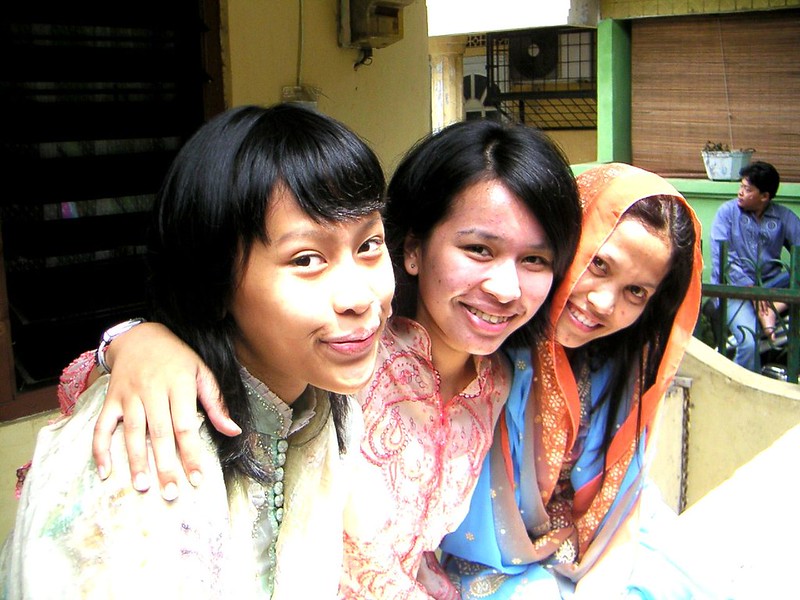In line with their effort to curb the spread of the Covid-19, Indonesia’s government has made the brave move to ban mudik, a homecoming exodus which occurs ahead of Idul Fitri (Eid) holiday.
Mudik has an important meaning for many Indonesians. Though the specific term did not appear until the 20th century, the exodus has been a common tradition since the Majapahit era. Javanese officials who worked in vassal states of the empire would take annual leave to celebrate Hindu holidays.
Today, though the term mudik is often related to Eid, it still holds a significant meaning to many people. Meeting old friends and family members, cleaning the graveyards of the ancestors, praying for them, and exchanging stories with hometown neighbors are some of many Eid activities that people look forward to.
The emotional sentiment of the holidays is what often leads people to make careless choices. They would not hesitate to take risks, like hiding inside a bus’ luggage trunk, if that meant they could see their families.
Considering this, I would not blame the government for wanting to tread carefully. However, being careful doesn’t mean being hesitant, or panicking and taking a course of regrettable action. A thoughtful, yet firm, decision must be made.
Last year’s tepid approach on a mudik ban cost the nation a lot. According to JawaPos.com, after the Eid holiday in May 2020, there was a 69-93 percent increase of Covid-19 positivity rate.
In August 2020, out of fear about worsening the economy, the government allowed domestic tourists to travel within the country. This step was taken in the hope that it would help alleviate the economic burden of those regions that rely heavily on tourism, like Bali.
However, despite the health standard protocols, things didn’t go as planned. The country’s Covid-19 Task Force recorded a 58-188 percent rise in positivity rate during the holiday season in August 2020, then about 17-22 percent at the end of October 2020.
By the end of January this year, the country’s Covid-19 case number had exceeded one million. The “social activities restriction” for the Java and Bali regions that was scheduled to end in January was extended to February.
Considering all these numbers, a mudik ban is a seriously needed step to curb the spread of the virus. The government must not waver and ensure the enforcement of the regulation.
A firm and united voice from all sides of the government is extremely necessary during this turbulent time. Conflicting statements would only lead to confusion and they might end up seeking support from unreliable sources.
Since the ban was first announced in March, people have expressed their frustration. Many think the government was being inconsistent. Some criticized the president for attending a wedding party of a celebrated YouTuber. Others complained about political activities being allowed while everyone was ordered to limit social activities and stay at home.
Puan Maharani, the spokesperson of Indonesia’s lower house (DPR), called out the government for reopening access to tourist destinations. She thought the move was not in line with the mudik ban.
The president’s spokesperson later explained that the reopening was meant to encourage local tourists to help lift the burden of the local economy.
I cannot understand why they didn’t come up with a different solution, knowing how this same strategy played out in the past.
As long as people are dying and unemployed, there would not be much money to spend. Health conscious folks would prefer to spend their holiday at home, ordering food and stuff online, rather than risking their health and wasting their money in tourist traps.
And what about stay-at-home order? What about public safety?
From last year’s repeated increases in positive cases, it is clear that the standard health protocols do not protect people sufficiently from the virus.
The vaccine does not automatically make people immune to the disease. One can still catch the virus despite having a jab or two. And to think that the country is currently administering the vaccines only to the groups that are less likely to travel, such as elderly people and healthcare workers, the decision to open access to tourist spots is indeed rather confusing.
It seems that public health is not properly taken into account. Or it might be, though not as seriously as the economy. But how would the economy fare if people are sick and dying? The healthcare costs would only pile up and crush the national budget.
The government should first focus on health, starting by strictly enforcing all Covid-19 related regulations. And of course, a good example of the officials obeying the rules is just as important.

